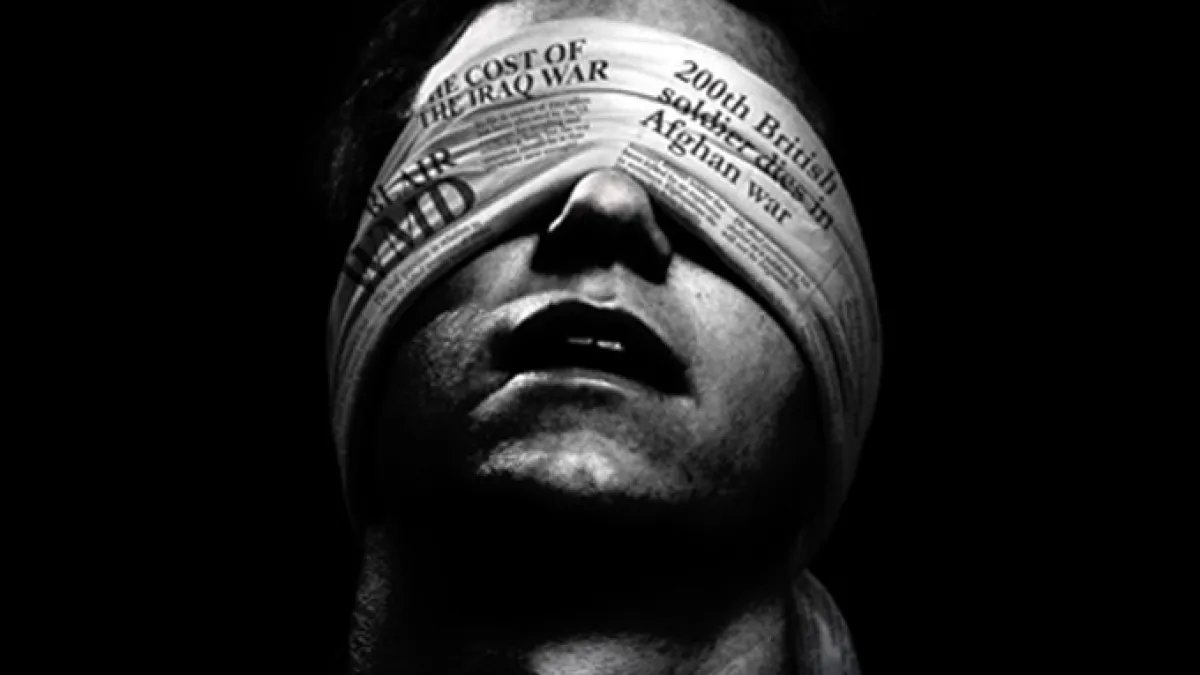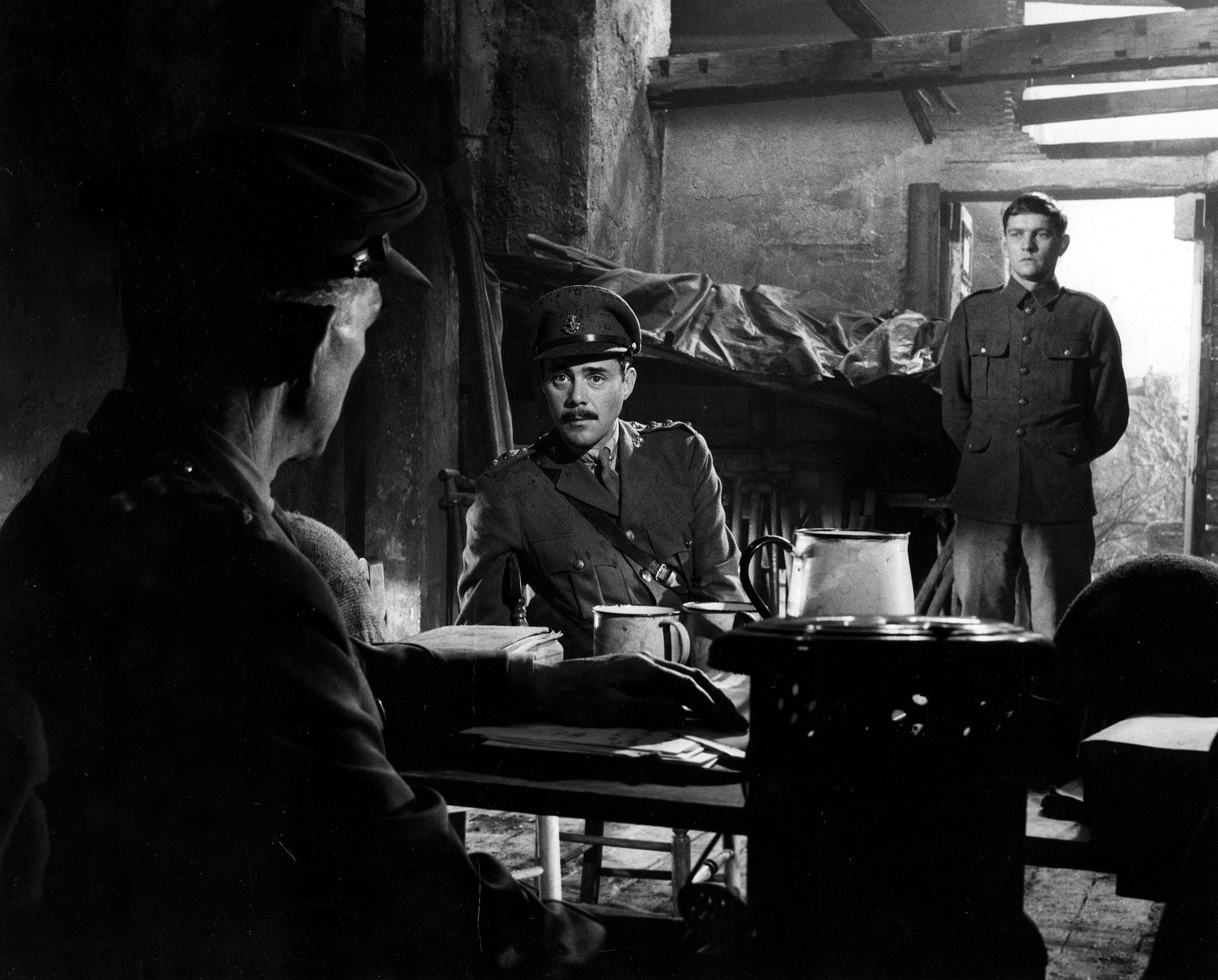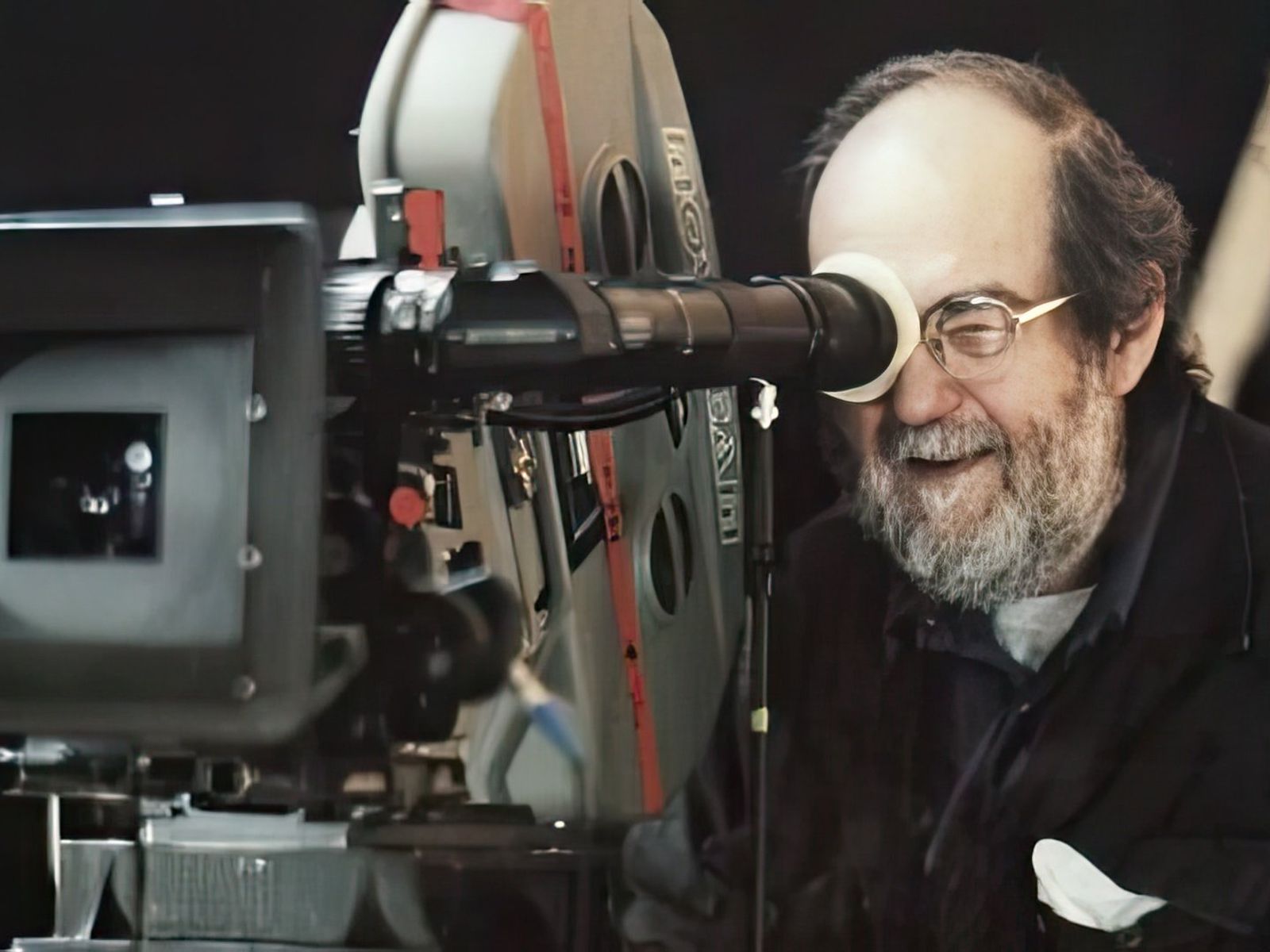Seguendo fedelmente gli avvenimenti descritti in «Heidi viaggia e impara», la novella di Johanna Spyri, e nei fumetti da essa tratti, in cui si racconta della partenza di Heidi dalle sue montagne svizzere verso la prospera Francoforte, questo film presenta una singolare caratteristica; quella di abbandonare la concezione classica del film “d’animazione” che collega indissolubilmente “disegno animato” e “fantasia sfrenata, scatenata, sbafata”, per ascriversi ad altre che subito scopriamo: in Heidi in città non c’è la minima caduta nei giochi, svolazzi o astrazioni comuni alle convenzioni instaurate nella narrativa dell’animazione”, e invece c’è profusione di quelle ormai “naturalmente acquistate” in un film “dal vero”.



